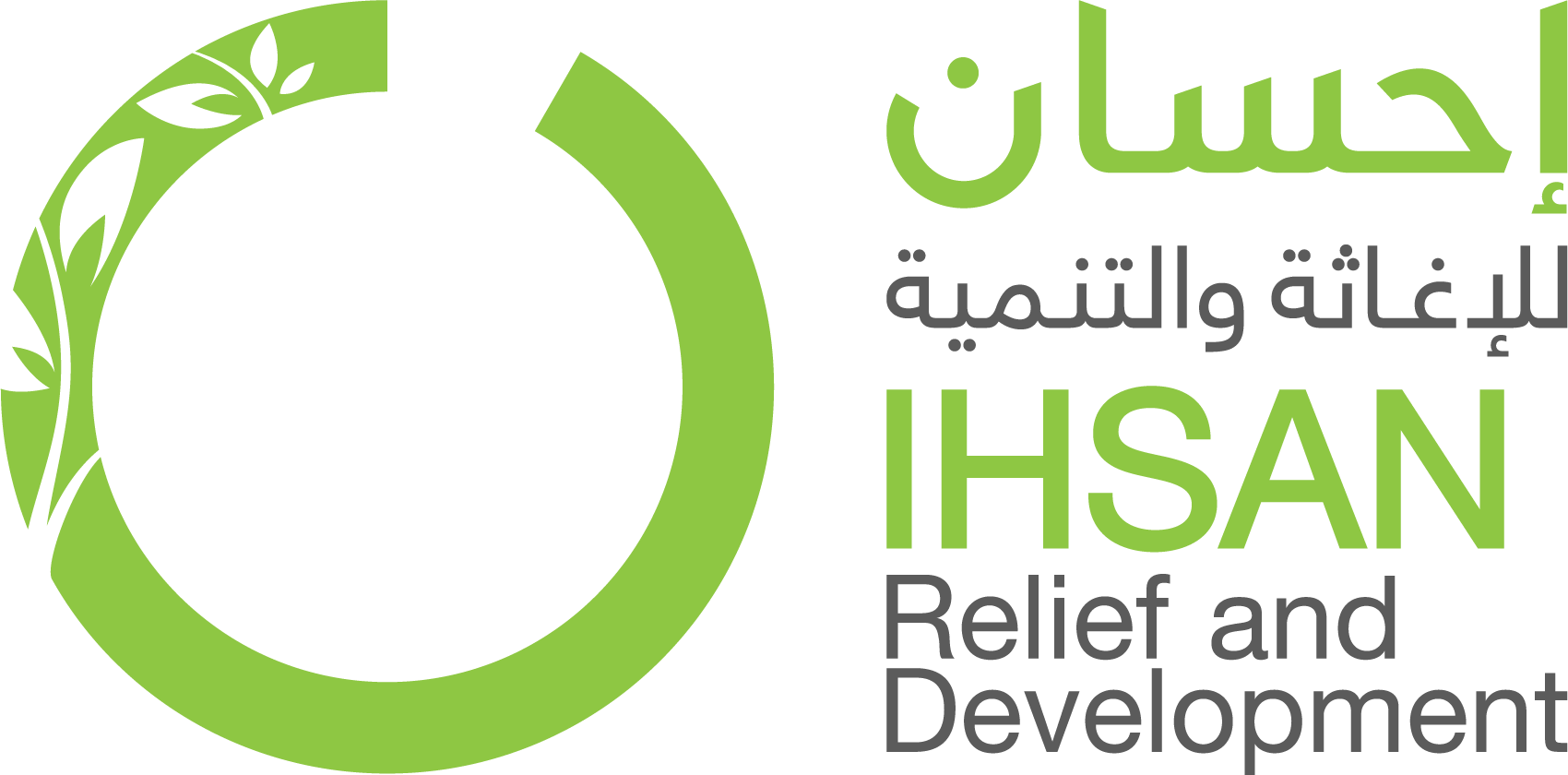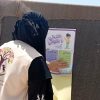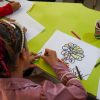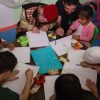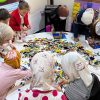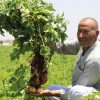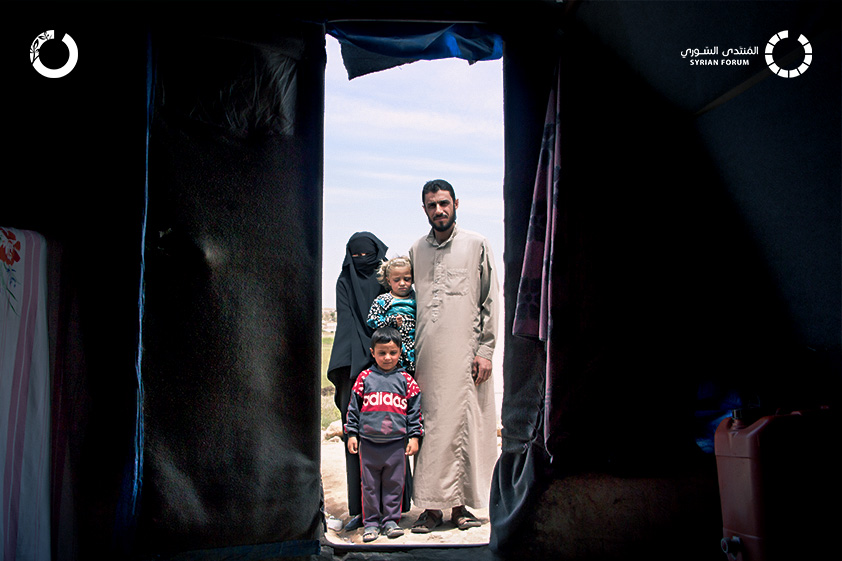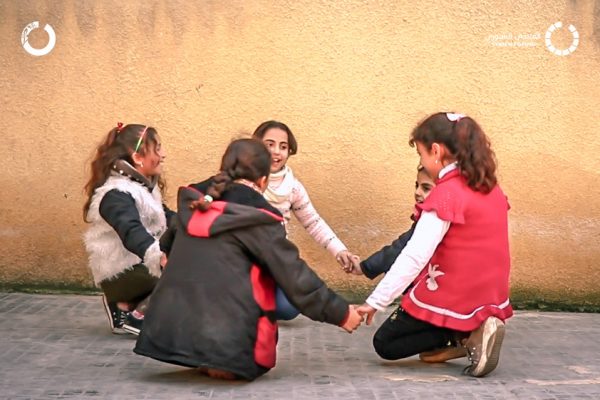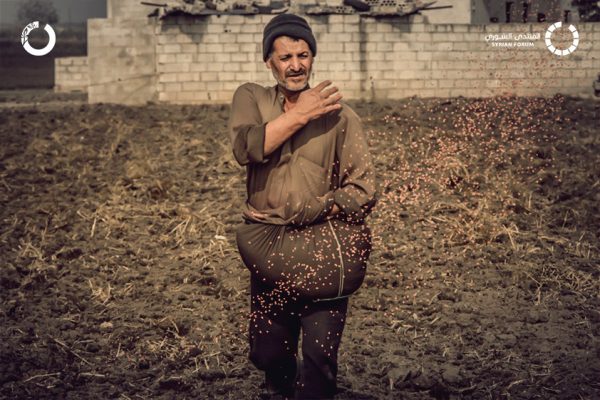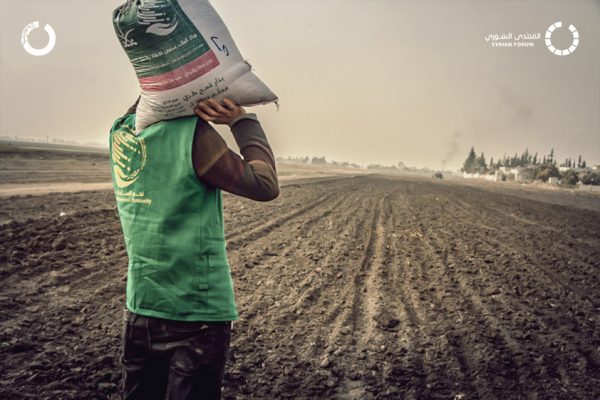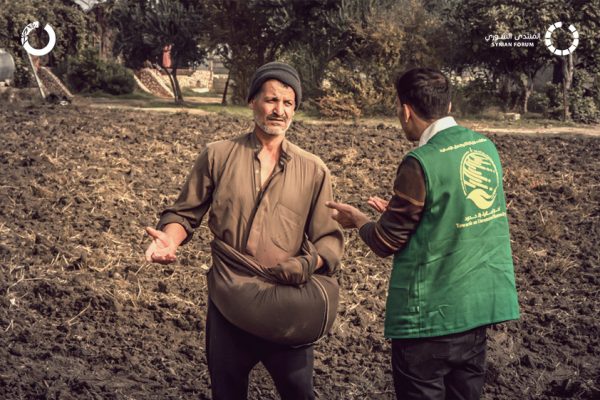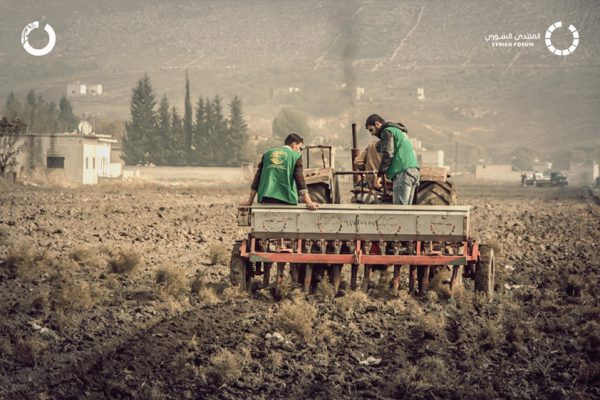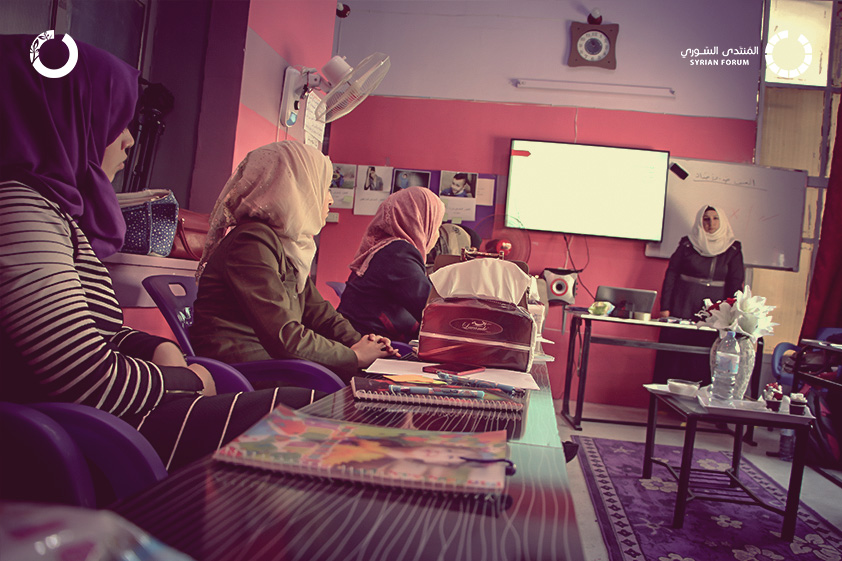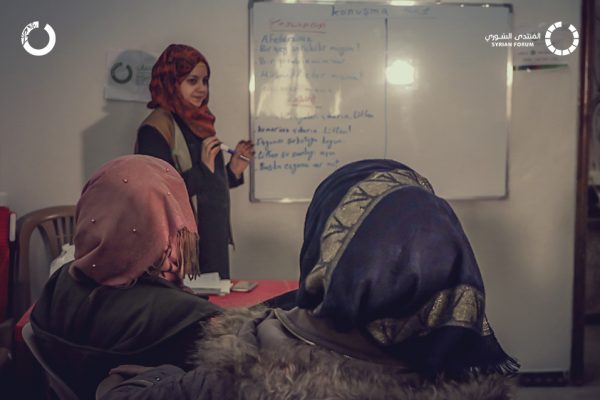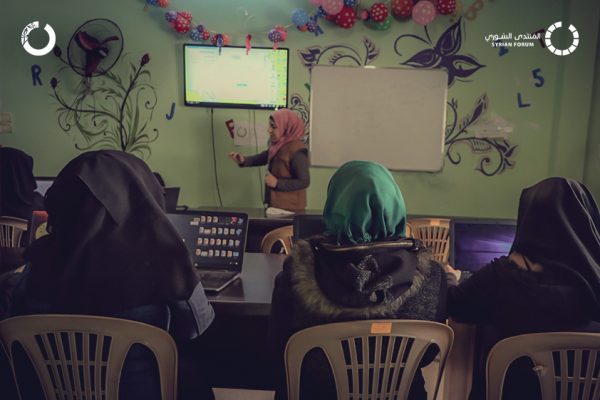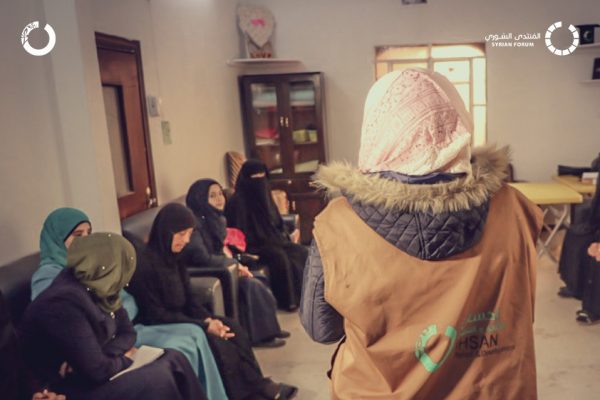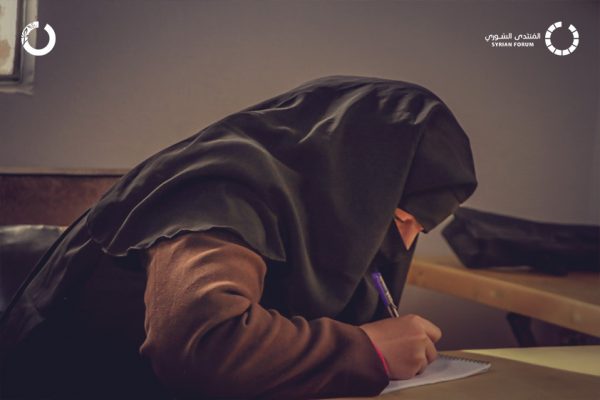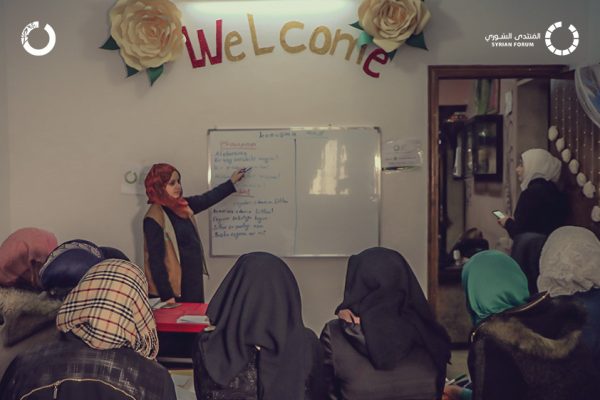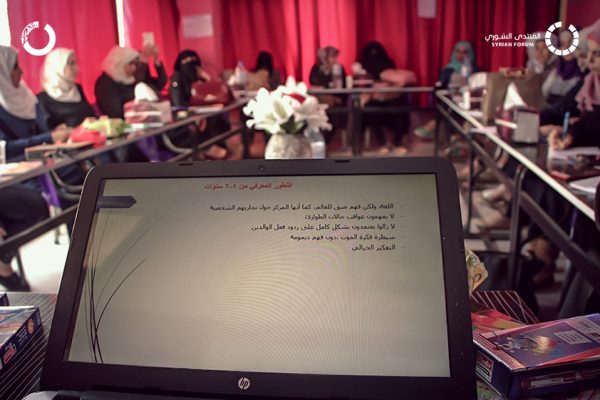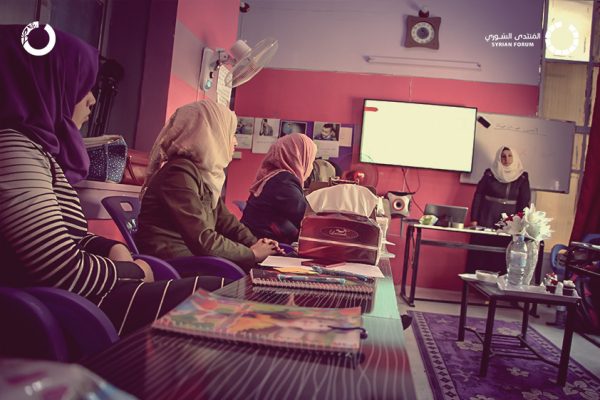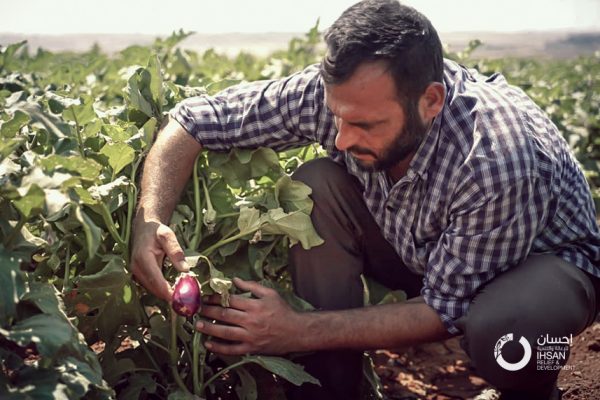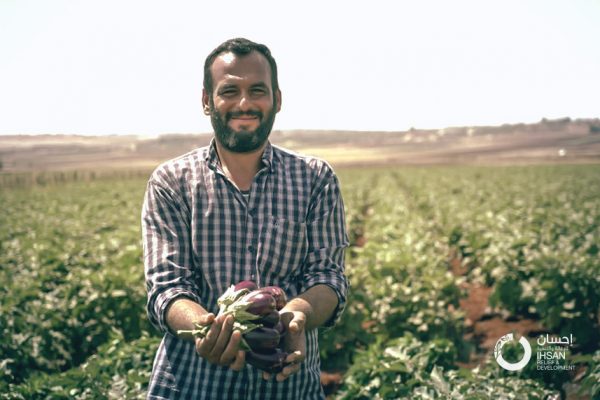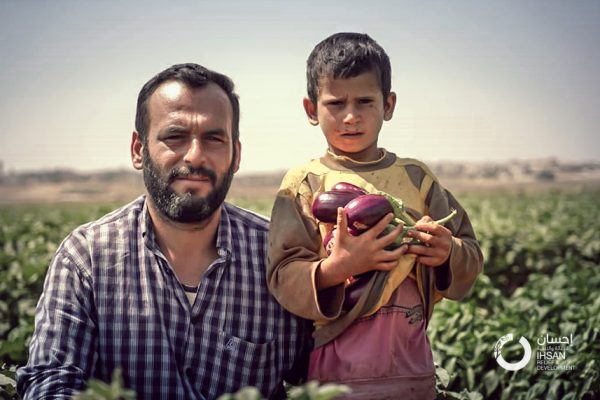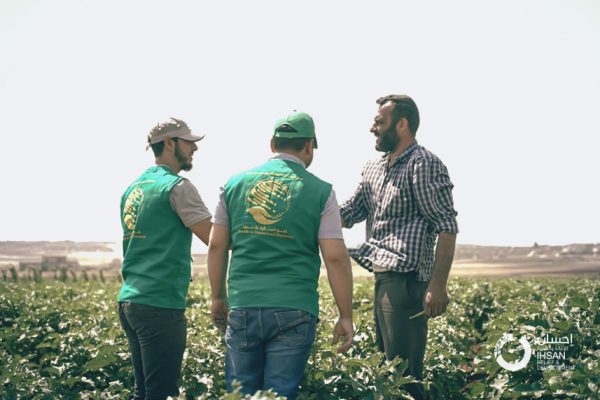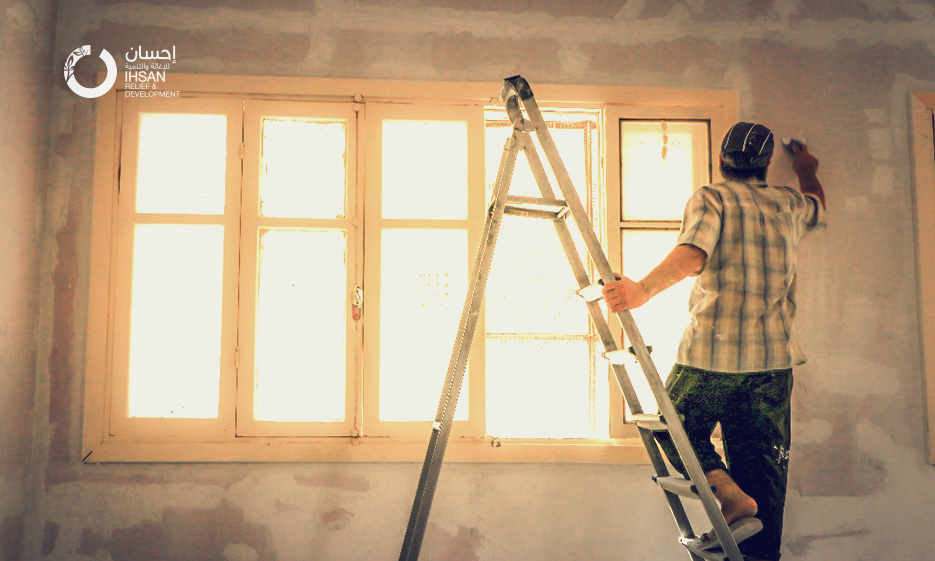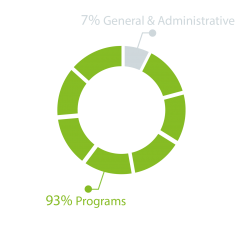شيماء، 9 سنوات، سوريا – حلب
معلمة ذات خبرة تعيدها إلى المسار الصحيح
فقدت شيماء أمها مع اثنين إخوتها وهي في عمر السابعة لتصبح طفلة يتيمة بعد أن كانت قد فقدت أباها قبل ذلك. انتقلت شيماء للعيش مع عمها والذي أصبح مسؤولاً عنها بعد ذلك. قام العم بإرسالها إلى مدرسة للأطفال الأيتام حيث اعتقد بأنه سيكون المكان الأمثل لابنة أخيه اليتيمة برفقة زملاء آخرين لها -أيتام- يشاركونها نفس الظروف المحزنة التي كانت تمر بها.
عائلة شيماء لم تتعرض للنزوح، فهم كانوا من سكان بلدة الأتارب والتي تعتبر وجهة رئيسية للعوائل النازحة من مناطق أخرى في الشمال السوري، وكانت هذه المنطقة مستهدفة بشكل كبير بالقصف الجوي وحتى المواجهات المسلحة. لم تكن عائلة شيماء ذات دخل مرتفع ، لكنها كانت عائلة ذات تعليم جيد ، وكان كلا والديها مدرسين ، وكانوا يأملون في تربية أطفالهم ليتم مراحل التعليم العالي. توفي الأب نتيجة المواجهات العسكرية التي طالت المنطقة ليترك الأم مع 4 أبناء ذكور وبنتين لتقوم بتربيتهم ودعمهم وتدريسهم. استمرت الأم في العمل الذي كانت تبرع فيه وهو التدريس في مدرسة بنات الأتارب والتي تشرف مؤسسة إحسان للإغاثة والتنمية على تقديم الخدمات فيه بدعم من مؤسسة إنقاذ الطفولة. خلال حملة القصف على بلدة الأتارب في كانون الأول 2016 خسرت العائلة معليتهم الوحيد، الأم مع اثنين من الأطفال الذين كانوا خائفين ويخبئون رؤوسهم تحت ذراعي أمهم. وبعد انتقال شيماء للعيش مع عائلة عمها الذي لم يكن قادراً على توفير الدخل الكافي ولا الدعم النفسي لأبناء أخيه الأيتام، مع العلم بأنه فقد اثنين آخرين من أشقائه الذين خلفوا وراءهم عوائلهم عوائلهم ليواجهوا صعوبة الحياة وحدهم في سوريا.
بالنسبة لشيماء لم تكن مدرسة الأيتام المكان المناسب للتعلم، ولكن بقي أملها الطفولي في داخلها متمنياً غدًا أفضل. بقي معلمو مدرسة بنات الأتارب مخلصين لزميلتهم المحبوبة فاطمة جلول (والدة شيماء) ولم ينسوا شيماء أبدًا ، فبعد التطورات والخدمات التي قامت بها مؤسسة إحسان في مدرستهم تواصلت المدرسات مع الأخت الكبرى لشيماء والتي اضطرت للعمل هي والأخ الأكبر لتوفير الحد الأدنى من مستوى المعيشة لأشقائهم بعد أن عادوا جميعًا للعيش في نفس المنزل الذي اعتادوا العيش فيه بعد إعادة تأهيله.
في الأول من أكتوبر 2018 ، عادت شيماء للتسجيل في الصف الرابع في مدرستها “مدرسة بنات الأتارب” ، حيث اعتادت والدتها على التدريس لما يقرب من 10 سنوات. كان للصدمة التي شعرت بهما شيماء تأثير كبير على الفتاة الصغيرة ، وتخشى الآن أي أصوات مفاجئة بسبب القصف الذي استهدف منزلها “أكثر ما أخافني كان القصف ، كان يضرب منزلنا”. لاحظت زهراء معلمة شيماء التي حضرت “التدريب على سياسة حماية الطفل” لمدة ثلاثة أيام بالإضافة إلى تدريب آخر قدمه موظفو مؤسسة إحسان ، بأنها لا تظهر نفس ردود الفعل لزملائها في الفصول الدراسية، ولا تشارك معهم في اللعب ، وتتحدث بالحد الأدنى من الكلمات. حاولت المعلمة تشجيع شيماء ، من خلال التحدث إليها واكتساب ثقتها ، وتحفيزها على حضور الدروس، والأهم من ذلك ، التحدث معها عن أسرتها ، وعن والديها الذين فقدتهم. لاحظت المعلمة أن الرسم هو أحد الأدوات المفيدة للغاية للأطفال للتعبير عن أفكارهم، لذا فقد قامت بتشجيع الأطفال ومن بينهم شيماء على الرسم، وبالفعل بدأت شيماء بالرسم مع أصدقائها باستخدام المواد والألوان التي قدمها فريق إحسان إلى المدرسة. من الواضح أن شيماء ستظل تتذكر والدتها وأبيها وتتحدث عنها كما قالت: “الشيء الذي سيساعدني أكثر ، هو أن يعيش والداي معنا مرة أخرى”. لكن أليس من الأفضل بكثير أن تتمكن شيماء من ذكر والديها والتعبير عن شعورها بفقدهما، من أجل أن تستطيع تجاوز هذه الأيام الصعبة من حياتها.
أصر مدرسو شيماء على مساعدتها للتغلب على مشاكلها والعودة إلى المسار الصحيح في فصلها. وأصبحت مدرستها فخورة وسعيدة للغاية فتقول: ” شيماء تلعب مع صديقاتها مرة أخرى ، وتقوم بممارسة هواياتها ، ونقوم بالرسم كثيرًا”.
على الرغم من أن التعليم الذي حظيت به شيماء سابقاً في الصف الثاني والثالث لم يكن جيداً بالشكل الكافي الذي تستحق، ولكنها استطاعت التفوق في الصف الرابع بدعم وعناية من مدرستها.
تشارك شيماء الآن في الفصل بنشاط كبير، وهي تلعب مع صديقاتها ، وخاصة صديقتها المفضلة جنى ، وهي تتحدث إلى معلمتها كثيرًا. الآن ، أصبحت شيماء أكثر تفاؤلاً بشأن تحقيق طموحها المذهل “حلمي هو أن أكون طبيبة. سأواصل تعليمي وتحقيق حلمي “.

